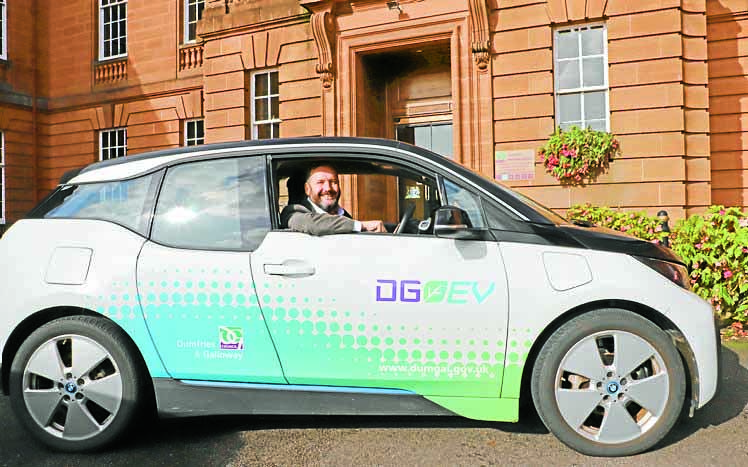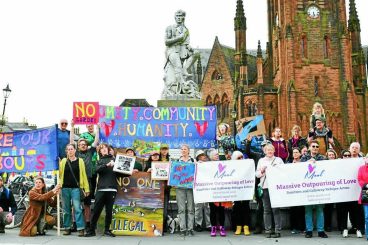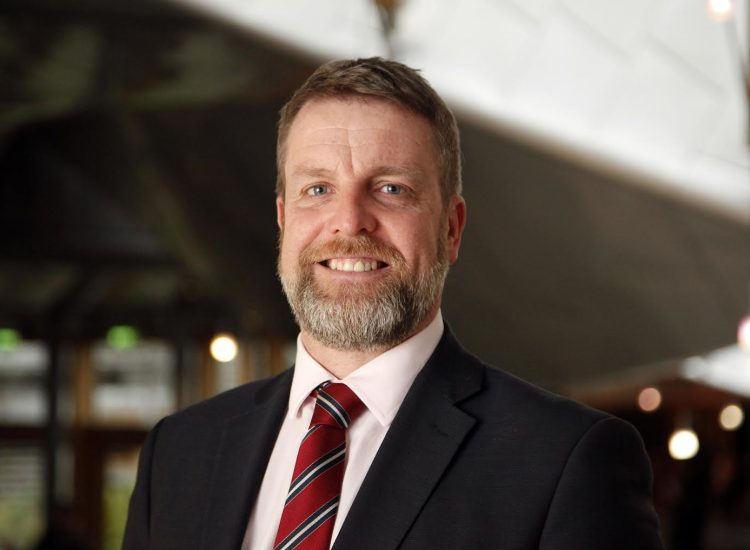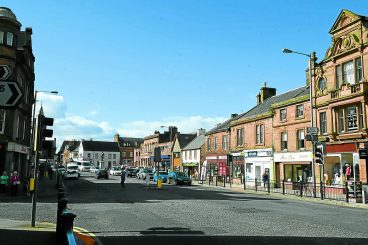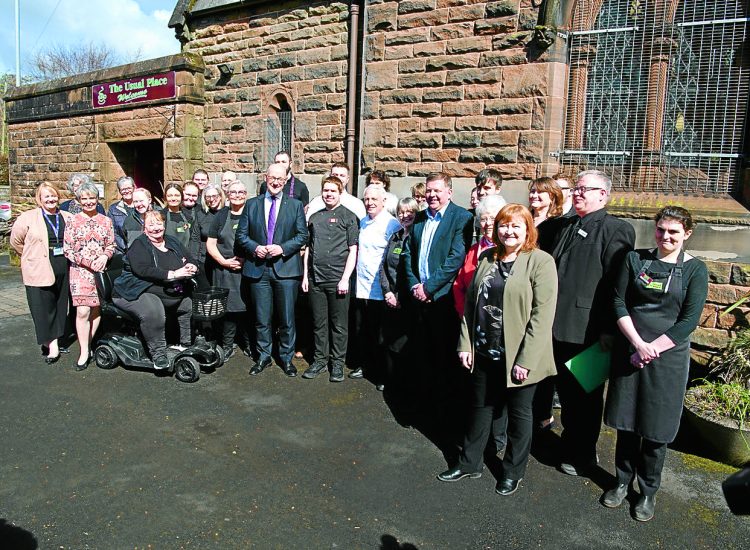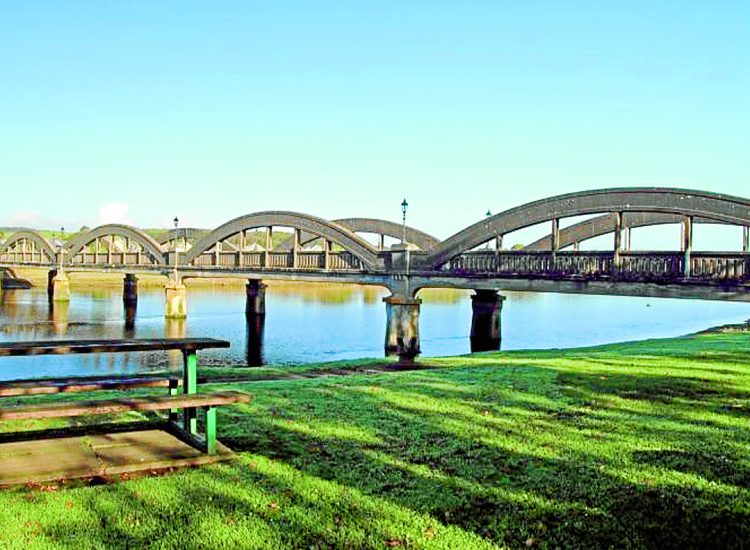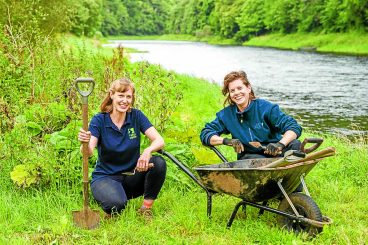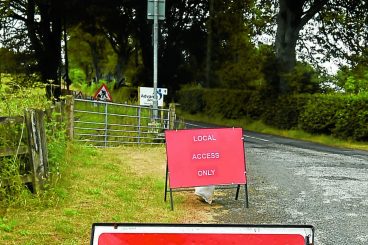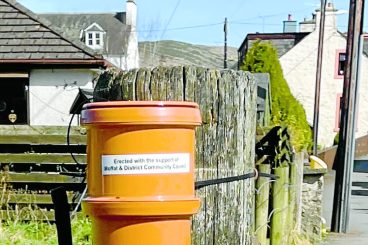Annandale North Councillor Gail Macgregor has not been impressed by the work done by a cross-party collective of councillors on reducing the region’s carbon footprint.
Speaking at last week’s full council meeting, she called for more strategic working, rather than the local group becoming a “talking shop”.
Councillor Macgregor said: “I’m not opposed to the principle of a working group, but it’s got to have teeth.
“And I think that the climate agenda needs to be absolutely intrinsically interwoven into every piece of work that we do across the council.”

She continued: “Given the magnitude of policies that are going to come through UK-wide, Scotland-wide and locally, including home energy programmes, active travel, and EV charging points, this working group has got to have some focus as well.
“It can’t just be a talking shop that meets every eight weeks. They need to establish a programme of workstreams that are important, and ensure that is being utterly interwoven into every department and service committee that we have, and with all 43 elected members.
“I’d be interested to see the working group, once it’s set up, bringing back to us what is essentially a works programme and priorities.
“I don’t want to be sitting here in a year’s time saying, ‘what’s the working group been doing for the last year?’, which I do at the moment.”
The council declared a climate change emergency in June 2012 and drafted a 12-point plan to reduce emissions and become a carbon neutral region by 2025.
This is when the environmental cross-party working group was first set up involving SNP, Labour, Conservative and Independent councillors.
Annandale East and Eskdale Councillor Archie Dryburgh was part of the previous climate emergency group and insisted the climate emergency issue is extremely important to all councils across Scotland.
However, he explained that creates increased competition for implementing changes effectively.
Councillor Dryburgh said: “Even if you look at converting vehicles to electric, there are only six manufacturers in the UK that actually provide these vehicles.
“It’s going to be 32 local authorities looking to get these vehicles and so you’re not going to get it done by 2025 for this particular council.”
Councillor Dryburgh added that progress in reducing the council’s carbon footprint has been made in other ways such as introducing electric vehicle charging points across the region and replacing petrol-fuelled equipment such as strimmers with battery-powered equipment.





